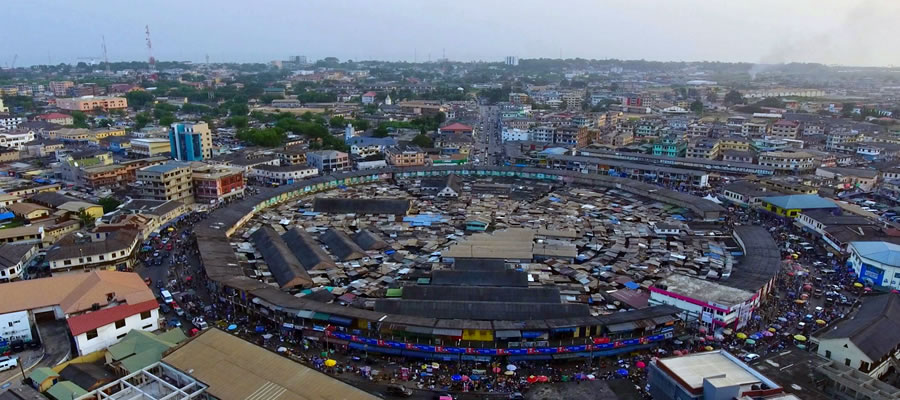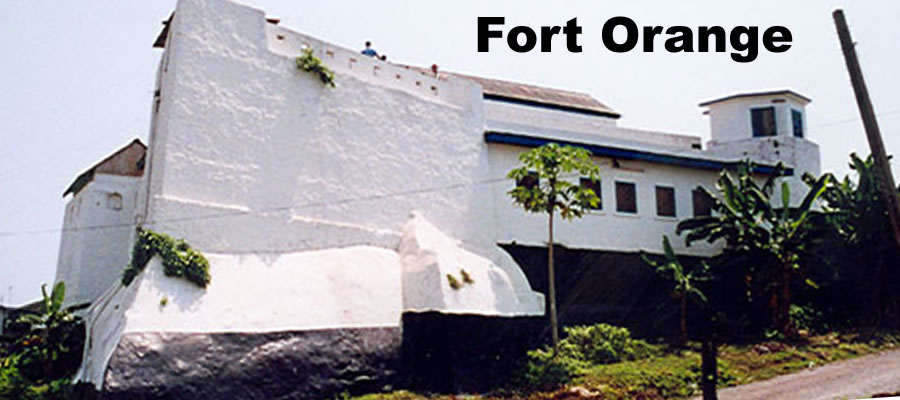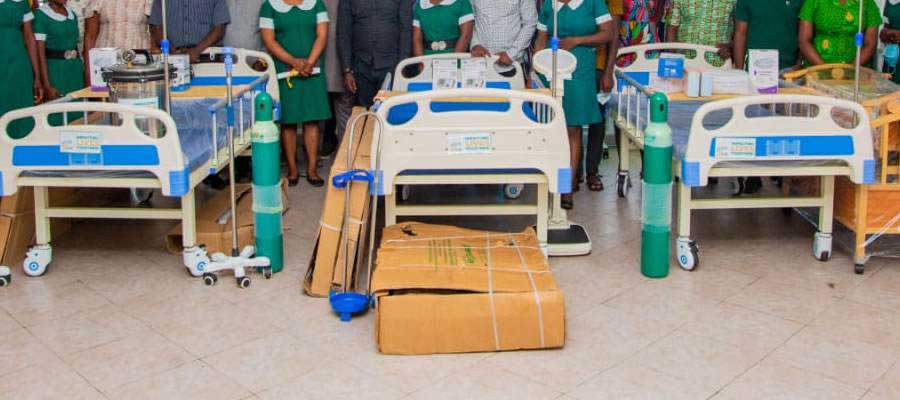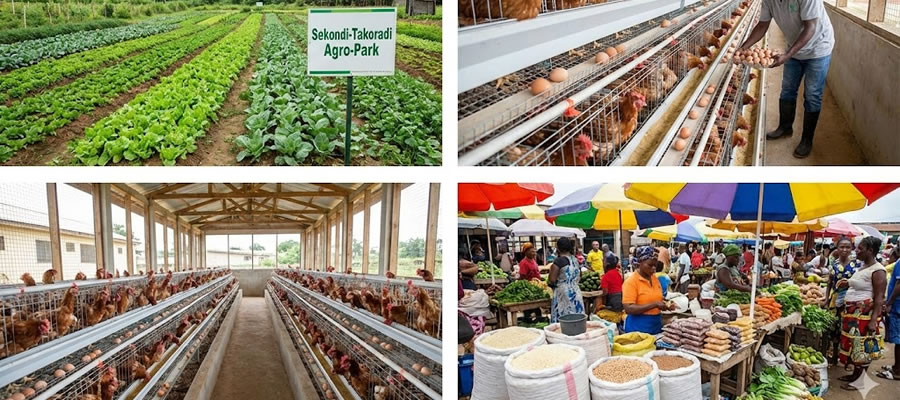

NGOs
Non-Governmental Organization
Non-governmental organizations (NGOs) are not-for-profit organizations that are independent of states institutions. The NGOs are highly diverse groups of organizations that engaged in a wide range of activities and take different forms in different parts of the metropolis. Their areas of operations Include good governance, human rights, health, education, sanitation, environmental, livelihood empowerment.
Open Governance Partnership (OGP) Initiative and CoST-the Infrastructure Transparency Initiative
The Open Government Partnership (OGP): In 2011, government leaders and civil society advocates came together to create a unique partnership-one that combines these powerful forces to promote transparent, participatory, inclusive and accountable governance. OGP is based on the idea that an open government is more accessible, more responsive, and more accountable to citizens, and that improving the relationship between people and their government has long-term, exponential benefits for everyone. Seventy-eight (78) countries and seventy-six (76) local governments-representing more than two billion people-along with thousands of civil society organizations are members of the OGP.
Sekondi-Takoradi Metropolitan Assembly is one of the leaders the pioneers of the Open Government Partnership (OGP) Subnational pilot program now OGP Local Program. The pioneers were selected across the globe through a competitive application selection process and the 15 pioneers’ cities to join OGP were announced in April 2016; Press Release: Fifteen Local Governments Chosen for International Open Government Partnership Pilot Program. The 15 pioneers including STMA developed their first-ever OGP action plan in 2016 and were unveiled during the 4th OGP Global Summit held in December 2016 in Paris France.
The 2nd OGP Action Plan was developed in 2018 and to cover the period August 2018-2020. However, because of the COVID-19 pandemic and its effect, the implementation period has been extended by one year (August 2021). Notable results in the development of the action: expanded the level of engagement, and the number of communities engaged in consultations increased from four to ten. In all, 1,141 people were engaged. Out of that number, 799 were women and youth, 27 were persons with disabilities and 26 were people living with HIV. These diverse groups engaged with relevant local government representatives on open government approaches to enhance service delivery in infrastructure, water and sanitation and land use planning. Over 10,000 were indirectly engaged (via media outreach) during the co-creation process. Participants included state and non-state actors. The diversity of stakeholders was significant - from civil society organizations, government, private sector, community leaders, youth groups, persons with disabilities, people living with HIV, fisher-folk, farmers, traders, and the media.
The five commitments After a robust and consultative engagement with state and non-state actors, the Multi-Stakeholder Forum had validated and approved the following five key commitments for the 2018-2020 OGP Local Action Plan; Enhance Transparency and Accountability in the delivery of public infrastructure. Empower citizens to enhance civic participation in local governance and promote fiscal transparency. Public service (Permitting and Enforcement of Land use and Spatial Development Plans) Public service delivery (to promote partnership in Sanitation delivery) Access to information (Communication and Feedback)
Non-governmental organizations (NGOs) are not-for-profit organizations that are independent of states institutions. The NGOs are highly diverse groups of organizations that engaged in a wide range of activities and take different forms in different parts of the metropolis. Their areas of operations Include good governance, human rights, health, education, sanitation, environmental, livelihood empowerment.
Open Governance Partnership (OGP) Initiative and CoST-the Infrastructure Transparency Initiative
The Open Government Partnership (OGP): In 2011, government leaders and civil society advocates came together to create a unique partnership-one that combines these powerful forces to promote transparent, participatory, inclusive and accountable governance. OGP is based on the idea that an open government is more accessible, more responsive, and more accountable to citizens, and that improving the relationship between people and their government has long-term, exponential benefits for everyone. Seventy-eight (78) countries and seventy-six (76) local governments-representing more than two billion people-along with thousands of civil society organizations are members of the OGP.
Sekondi-Takoradi Metropolitan Assembly is one of the leaders the pioneers of the Open Government Partnership (OGP) Subnational pilot program now OGP Local Program. The pioneers were selected across the globe through a competitive application selection process and the 15 pioneers’ cities to join OGP were announced in April 2016; Press Release: Fifteen Local Governments Chosen for International Open Government Partnership Pilot Program. The 15 pioneers including STMA developed their first-ever OGP action plan in 2016 and were unveiled during the 4th OGP Global Summit held in December 2016 in Paris France.
The 2nd OGP Action Plan was developed in 2018 and to cover the period August 2018-2020. However, because of the COVID-19 pandemic and its effect, the implementation period has been extended by one year (August 2021). Notable results in the development of the action: expanded the level of engagement, and the number of communities engaged in consultations increased from four to ten. In all, 1,141 people were engaged. Out of that number, 799 were women and youth, 27 were persons with disabilities and 26 were people living with HIV. These diverse groups engaged with relevant local government representatives on open government approaches to enhance service delivery in infrastructure, water and sanitation and land use planning. Over 10,000 were indirectly engaged (via media outreach) during the co-creation process. Participants included state and non-state actors. The diversity of stakeholders was significant - from civil society organizations, government, private sector, community leaders, youth groups, persons with disabilities, people living with HIV, fisher-folk, farmers, traders, and the media.
The five commitments After a robust and consultative engagement with state and non-state actors, the Multi-Stakeholder Forum had validated and approved the following five key commitments for the 2018-2020 OGP Local Action Plan; Enhance Transparency and Accountability in the delivery of public infrastructure. Empower citizens to enhance civic participation in local governance and promote fiscal transparency. Public service (Permitting and Enforcement of Land use and Spatial Development Plans) Public service delivery (to promote partnership in Sanitation delivery) Access to information (Communication and Feedback)
Date Created : 2/10/2025 12:00:00 AM











 facebook
facebook
 X
X
 Youtube
Youtube
 instagram
instagram
 +233 593 831 280
+233 593 831 280 0800 430 430
0800 430 430 GPS: GE-231-4383
GPS: GE-231-4383 info@ghanadistricts.com
info@ghanadistricts.com Box GP1044, Accra, Ghana
Box GP1044, Accra, Ghana